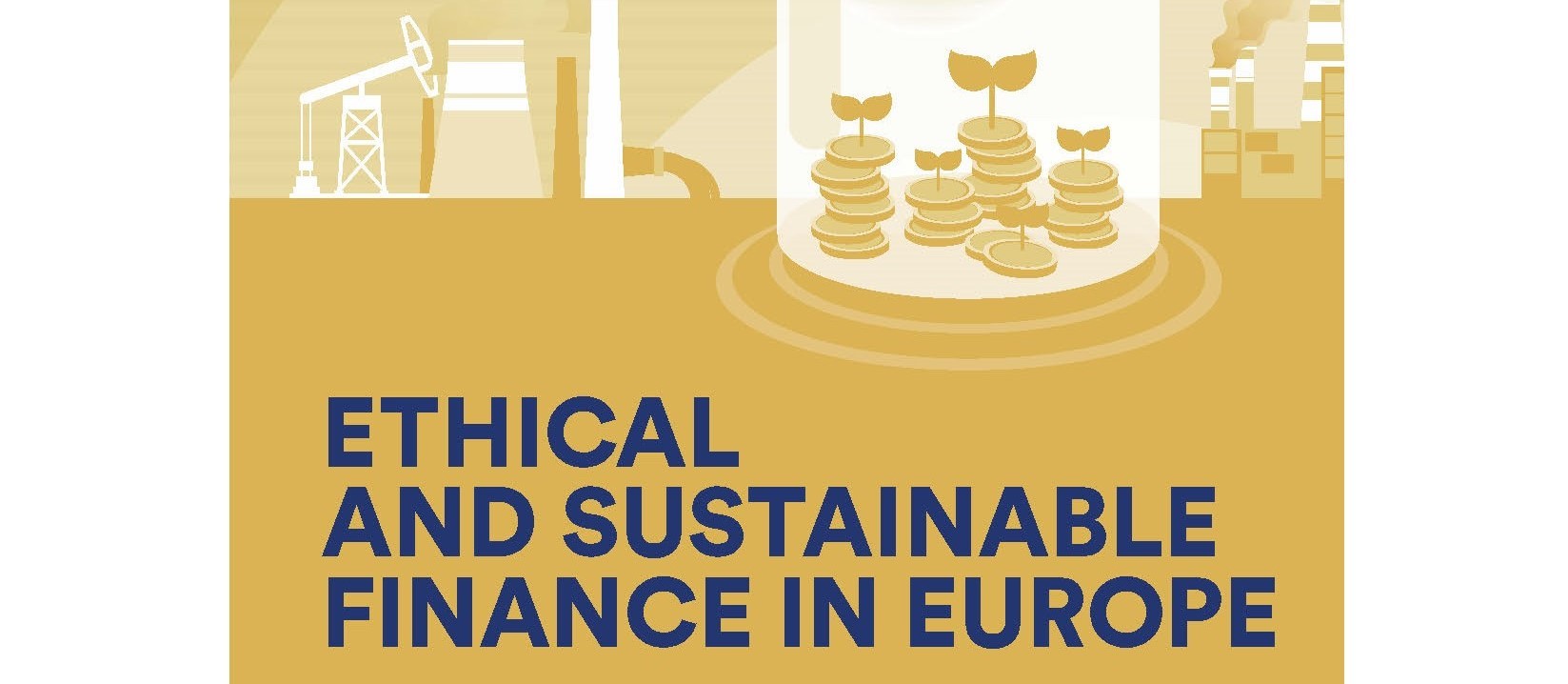Forma Futura Invest: nuevo miembro de Shareholders For Change
| By admin | 0 Comments

La suiza Forma Futura Invest, con sede en Zurich, se ha sumado hoy a la red europea de compromiso accionarial SfC – Shareholders for Change.
Con la incorporación de Forma Futura Invest, la red SfC- Shareholders For Change, creada en 2017, tiene ahora 10 entidades socias que representan más de 23 mil millones de euros en activos gestionados. Forma Futura es una gestora independiente de activos dedicada mayoritariamente a inversores privados e institucionales con un marcado enfoque en temas de inversiones socialmente responsables orientadas al fomento de la sosteniblidad y la calidad de vida.
“Incorporarnos a SfC es una gran oportunidad para nosotros” asegura Doris Hauser, directora de Investigación en Sostenibilidad de Forma Futura. “Estamos realmente comprometidos con el accionariado activo en las compañías en las que invertimos. Estamos convencidos que la red nos va a brindar la oportunidad de profundizar en este tipo de actividades en relación a prácticas controvertidas, ilegales o alegales de las multinacionales, y de compartir know-how y ejemplos de buenas prácticas.
“Con la incorporación de Forma Futura, SfC confirma su preferencia por los pequeños y medios inversores dedicados a la inversión socialmente responsable” añade Aurélie Baudhuin, presidenta de Shareholders for Change. “El periodo de Asambleas Generales de 2019 lo dedicaremos a aunar fuerzas y comprometernos en compañías en relación a nuevos temas como la elusión fiscal, la producción y extracción de metales raros y a consolidar los procesos de compromiso accionarial que iniciamos en 2018”
Acerca de Forma Futura Invest: Forma Futura Invest AG es una gestora de fondos independiente. Invierte en empresas cotizadas. Todas las inversiones de sus fondos estan vinculadas a fomentar la sostenibilidad, la calidad de vida y al mismo tiempo a conseguir un justo retorno de mercado. Puede consultarse su web:
https://www.formafutura.com/english/
Acerca de SfC – Shareholders for Change: Shareholders for Change es una nueva red europea para promover el activismo accionarial entre los inversores institucionales. Fue puesta en marcha el 6 de diciembre de 2017 y tiene 10 entidades miembras, entre los cuales 7 fundadoras:
- Bank für Kirche und Caritas eG (BKC, Alemania)
- Ecofi Investissements, Groupe Crédit Coopératif (Francia)
- Etica Sgr, Gruppo Banca Etica (Italia)
- Fair-finance Vorsorgekasse (Austria)
- Fondazione Finanza Etica (FFE, Italia)
- Fundacion Finanzas Eticas (España)
- Meeschaert Asset Management (Francia)
Y tres entides socias ordinarias:
- Ethos Foundation (Switzerland);
- Forma Futura Invest (Switzerland);
- Friends Provident Foundation (UK).
La red representa a un total de más de 23 mil millones de activos gestionados. Su actividad se circunscribe al compromiso principalmente en corporaciones europeas. El primer objetivo de la red es organizar una participación colaborativa en las asambleas generales de Europa, coordinar el sentido de voto en las mismas y remitir cuestiones, demandas y posicionamientos a las Juntas de Accionistas, y a sus órganos de administración o cuadros directivos en relación a temas como: derechos humanos y derechos laborales, prácticas fiscales y justicia fiscal, emisiones de CO2 o cambio climático.
See: https://www.shareholdersforchange.eu

Comentarios recientes